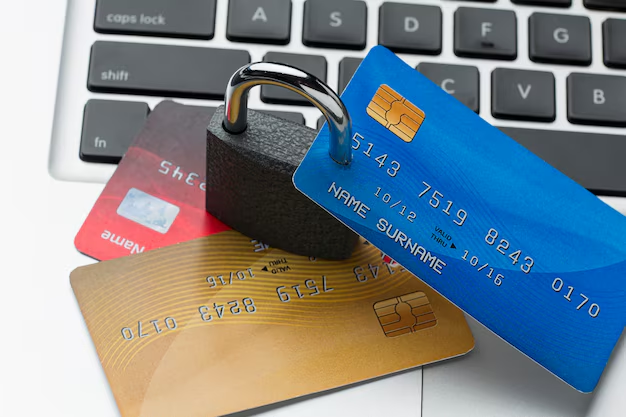In today’s fast-paced financial world, having an emergency fund is not just an option; it’s a necessity. An emergency fund acts as a financial cushion during unforeseen circumstances like medical emergencies, sudden job loss, or urgent repairs. However, building this fund can often feel daunting, especially when juggling multiple financial commitments. Surprisingly, credit cards—often considered tools of debt—can serve as strategic allies in building your emergency fund when used wisely.
Understanding the Role of Credit Cards
Credit cards are financial tools that, when used responsibly, can aid in managing expenses, earning rewards, and even building savings. The key lies in understanding their features and leveraging them effectively to create a robust emergency fund without falling into debt traps.
Strategies for Using Credit Cards to Build an Emergency Fund
1. Use Cashback Rewards Smartly
Many credit cards offer cashback on specific purchases. By channeling everyday spending—like groceries, fuel, and utilities—through a cashback credit card, you can earn rewards that can be directed into your emergency fund. Over time, these small contributions can add up significantly.
2. Opt for Low or No Annual Fee Cards

Select credit cards with low or no annual fees to avoid unnecessary expenses. This ensures that more of your savings can be directed toward your emergency fund rather than being spent on card maintenance.
3. Leverage 0% Introductory APR Offers
Some credit cards offer 0% introductory Annual Percentage Rates (APRs) for a specific period. By using this feature, you can finance essential purchases without incurring interest, allowing you to allocate your saved funds directly into your emergency savings.
4. Automate Savings with Reward Points
Many credit cards allow you to convert reward points into cash or direct deposits into your savings account. Use these points strategically to boost your emergency fund instead of spending them on non-essential items.
5. Track and Budget Your Spending
Credit cards provide a detailed statement of all your expenses, which can help you analyze your spending habits. By identifying areas where you can cut back, you can redirect the saved amount into your emergency fund.
Benefits of Using Credit Cards for Emergency Fund Building
- Convenience: Automates contributions through rewards or cashback.
- Discipline: Regular use encourages budget tracking and spending control.
- Flexibility: 0% APR offers provide a temporary financial cushion while saving.
Risks to Avoid
While credit cards can be beneficial, it’s crucial to avoid certain pitfalls:
- Overspending: Stick to planned purchases to avoid unnecessary debt.
- Delayed Payments: Pay your credit card bills on time to avoid high-interest charges.
- Relying Solely on Credit: Use credit cards as a tool, not the sole method for savings.
Conclusion
Credit cards, when used strategically, can be powerful tools for building an emergency fund. They offer a mix of rewards, cashback, and budgeting assistance that can help you accumulate savings without altering your current lifestyle drastically. However, responsible usage and timely payments are non-negotiable to avoid falling into debt. Combine these strategies with disciplined saving habits to ensure a secure financial future.
FAQs
Q. Can I solely rely on credit cards to build an emergency fund?
No, while credit cards are a helpful tool, they should not replace disciplined savings from your income.
Q. How can cashback rewards help in building an emergency fund?
Cashback rewards can be directed into your savings account, contributing to your emergency fund incrementally.
Q. What are the risks of using credit cards for saving?
The main risks include overspending, delayed payments, and accumulating debt if used irresponsibly.
Q. Are there specific credit cards designed for emergency savings?
While no card is exclusively for savings, cashback, and reward cards can be used effectively for this purpose.
Q. How can I ensure I don’t fall into debt while using this strategy?
Set spending limits, pay your bills on time, and avoid unnecessary purchases to ensure financial discipline.
